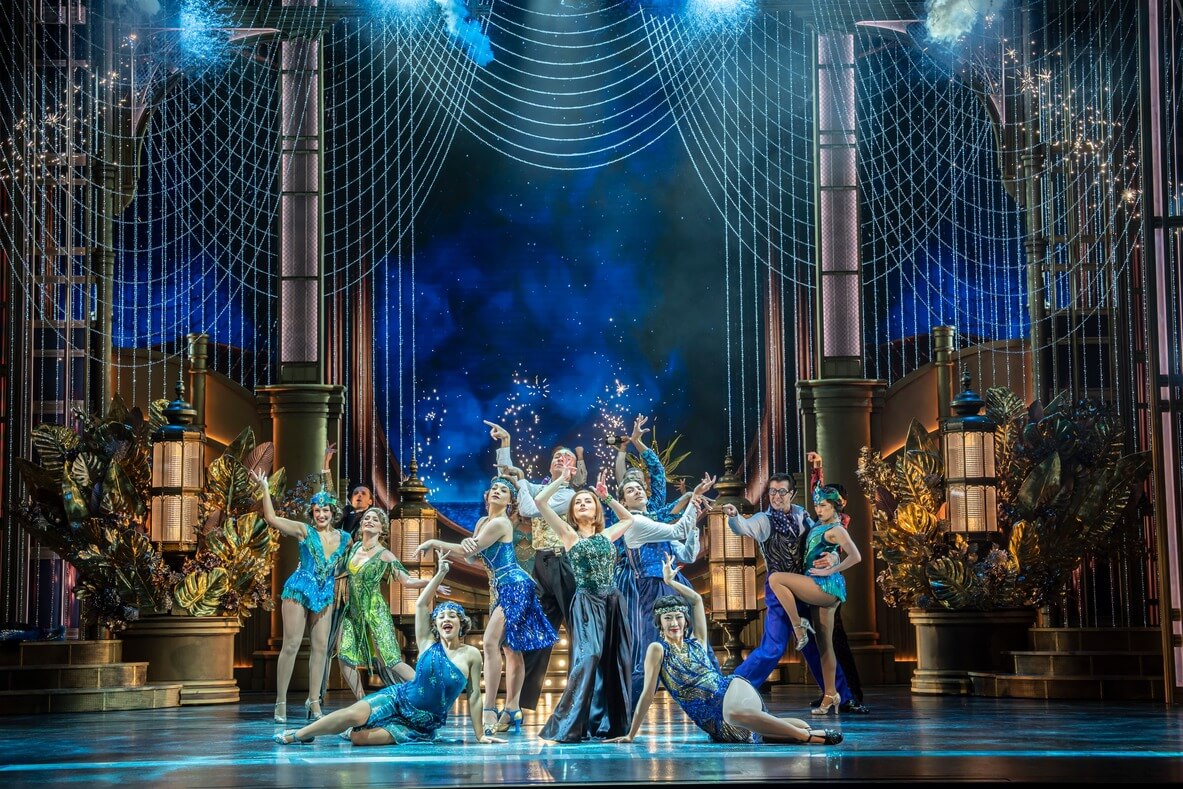 There’s nothing like spinning out a bit of sexual scandal to boost newspaper circulation and respectable journalists aren’t immune either especially when they can dress it up as a legitimate news story.
There’s nothing like spinning out a bit of sexual scandal to boost newspaper circulation and respectable journalists aren’t immune either especially when they can dress it up as a legitimate news story.
There’s been a shameful example of this in the Evening Standard’s seeming obsession with a rape scene in the Royal Opera House’s production of Guillaume Tell that was booed by a section of the audience during the press night earlier this week.
There’s no denying the disruption of the performance was a credible news story. Opera audiences are famously vocal if they dislike an interpretation and booing the creative team is a regular occurrence when they take a bow on the first night, a custom that only tends to happen in classical performance. By all accounts and according to some very reliable and respected critics’ Monday’s disruption was unique in that it happened mid-show and was so loud that you couldn’t hear the next few moments of music. All very newsworthy but the Evening Standard didn’t let it go at that. Yesterday they published a huge full colour picture of the actress involved on page one and in tonight’s edition they mention it on page 5 with more pictures of her AND page 15.
The Royal Opera House must be delighted with all the attention which is generating sales for a production which might have otherwise suffered at the box office because of poor reviews.
As Alexandra Coghlan writes in this week’s Spectator Magazine “in fact we should be talking about how lazy and ugly the rest of the production was”
At least the actress herself, Jessica Chamberlain and her boyfriend seem to be enjoying the attention, according to their posts on Twitter.
Director Damiano Michieletto, who conceived the controversial scene, and who is making his UK debut is bemused by all the fuss pointing out that it’s only 10 seconds of a four hour performance.He's right. It's time to let this story go.




 It's pretty quiet in West End Theatre over the summer months with little to report as most eyes are on the Edinburgh Festival where London's artistic community gathers to watch weird and wonderful shows that might just include the capital's next big hit.
It's pretty quiet in West End Theatre over the summer months with little to report as most eyes are on the Edinburgh Festival where London's artistic community gathers to watch weird and wonderful shows that might just include the capital's next big hit.